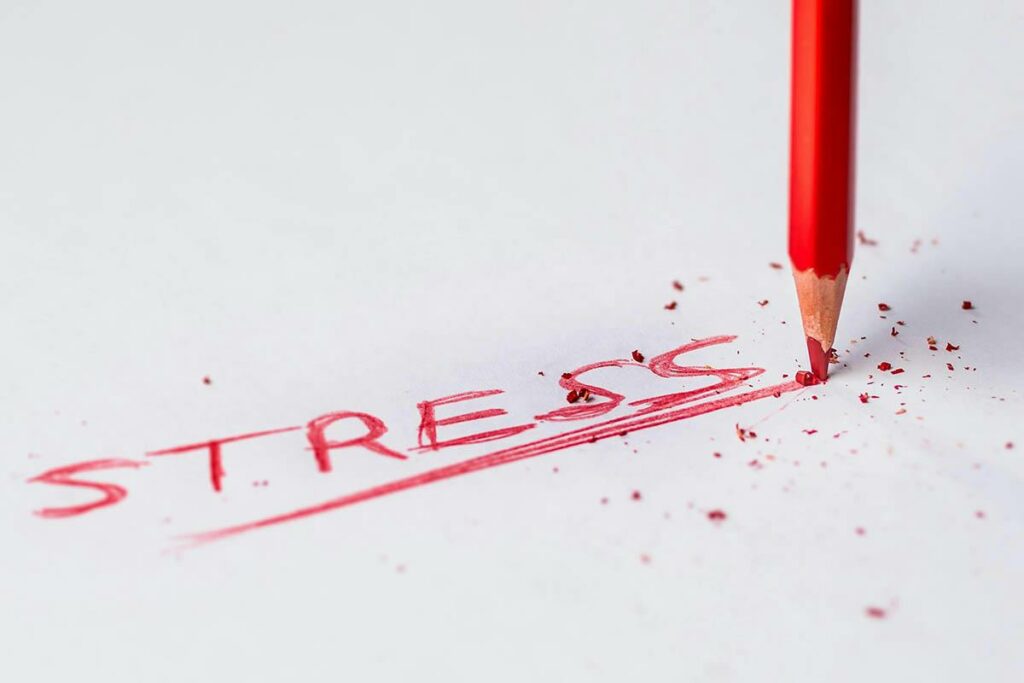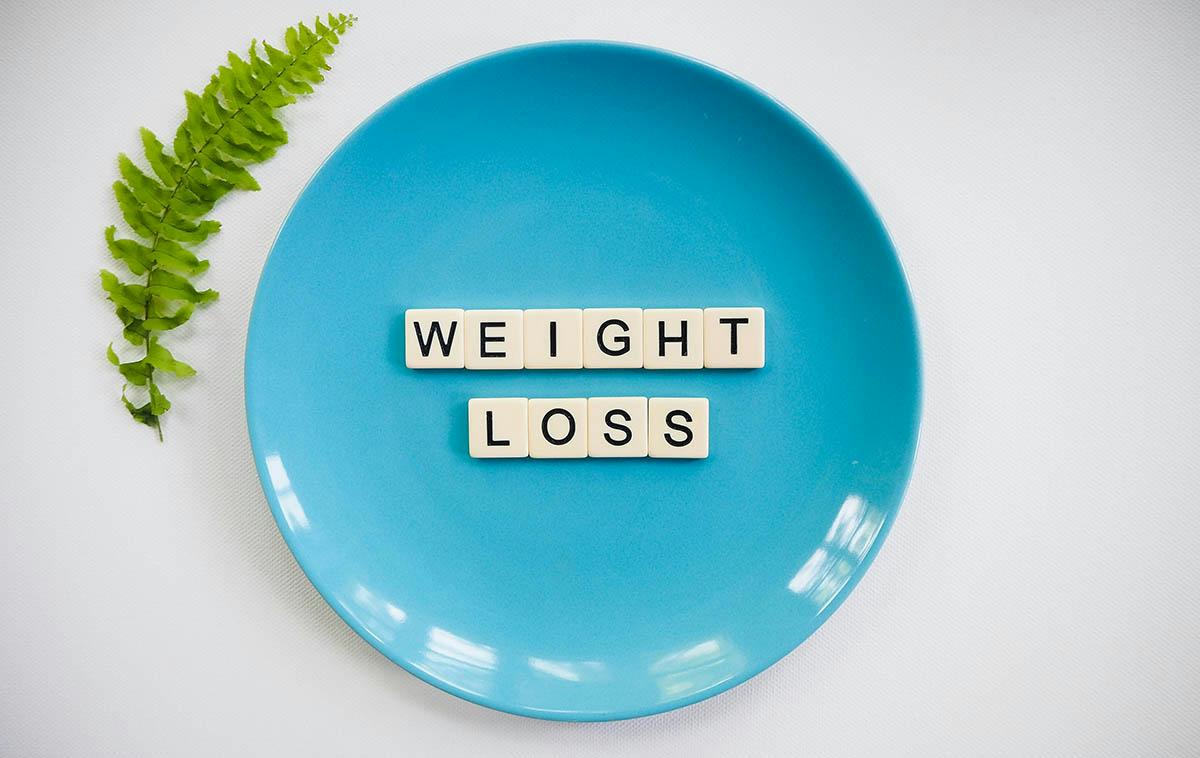The new year comes with goals and resolutions. According to the National Library of Medicine, the most popular resolution this year was to improve physical health followed by a goal of weight loss. Each year people try new diets, exercise programs, and even take weight loss pills.
And we get it! We all want to be comfortable with who we are and feel comfortable in our skin so to speak.
But, what if we told you that losing weight isn’t just cutting calories, hitting the gym harder, or trying a new fad diet? Those things actually might be keeping you from losing weight, and the reason is that those popular weight loss approaches actually can interfere and throw your hormones off. And your hormones control lots of processes in our bodies, one of which is weight regulation and balance!
In short, hormones are important messengers in our body that tell us many things. But if they are imbalanced, that could be one reason that you aren’t losing weight. There’s a ‘hormone hierarchy’ that we talk about in clinic, and at the base of it is your “stress hormone” cortisol. Let’s take a look at it and see how that can affect weight and impact other hormones that regulate our appetite as well.
Stress/cortisol and how it affects weight

Cortisol is primarily produced by the adrenal glands (a quarter-sized organ that sits on top of your kidneys and serves as the ‘backup battery’ to your thyroid) and is known as the “stress hormone” in our body. It is normal to have stressors in your life that can increase cortisol levels. However, if you are constantly under chronic stress, this can affect your body in many unhealthy ways–one of them being weight gain. When our bodies are under stress and in flight or flight mode, they need energy to fight off the danger. We get cravings, like refined sugar, to replenish the energy we spend on stress. And as we all know, eating too much refined sugar can lead to weight gain.
Another thing to keep in mind when someone has an increase in cortisol levels is an increase in leptin production. Leptin is a hormone in our body that signals to our brain when we have had enough to eat. Over time, an individual can become resistant to leptin because they have produced so much in the past. Becoming resistant to leptin will cause you to eat more even though your body doesn’t need extra fat stores because leptin resistance essentially is your hunger cue turned on all the time.
Interested in more information about cortisol and weight gain? Give this post a read: The Link Between Cortisol and Weight Gain
So, we know cortisol, our stress hormone, can impact weight gain and weight loss. But did you know other hormones in our body can also impact weight loss and essentially bring it to a halt? Like we already mentioned, hormones are messengers in our bodies. Two other hormones that impact hunger cues are leptin and ghrelin; these two regulate our appetite and how we should eat. Leptin is the hormone in our body that tells us when we have had enough to eat, and ghrelin is a hormone made in our stomach that sends signals to our brain when our stomach is empty. How do our hormones get out of balance in the first place? Not getting enough sleep and inflammation in the body are all culprits to an imbalance in our hormones. If you are not getting enough sleep, you can have higher ghrelin levels.
With those higher levels, there is an increase in signals to our brain saying that we are not full and we need to eat more. So, then we feed ourselves, even though our body might not need more food really. As for leptin imbalances, we can see leptin resistance start to happen when the body is chronically inflamed. And what leads to inflammation? Chronic stress, processed foods, lots of sugar, lack of sleep… basically, a go-go-go lifestyle where we can’t slow down, eat nourishing foods, and rest/move our bodies adequately. When we develop leptin resistance, it causes us to actually eat more even though we have enough stored fat.
Curious about the leptin and ghrelin balance? Read this post by Dr. Mark Hyman: How Your Appetite Is Affected By Your Hormones
Hormones and How They Affect Weight

There are two important sex hormones that both men and women produce that can lead to weight concerns if imbalanced. Estrogen is a sex hormone that stores fats in certain parts of the body. Progesterone is the other sex hormone that helps facilitate the metabolism of stored fat that we burn off. If your progesterone hormone is low, this means your body isn’t telling you to burn off as much stored fat. At the same time, more estrogen in our body is telling us to store fat. Another thing to keep in mind is that fat tissues can produce estrogen. So, long story short– the more estrogen in the body, the more resistance to weight loss.
9 Hormone Imbalances That Can Hinder Weight Loss
Thyroid and how it can affect weight
The third common reason some people can’t lose weight or struggle with weight imbalance might be related to their thyroid. The thyroid is a butterfly-shaped organ that sits at the base of your neck and is responsible for a lot different (yet important) functions in the body, mainly one being a healthy metabolism. And when we say metabolism, we don’t mean how many calories you burn through and how fast you do that. The thyroid regulates metabolism throughout the body, which is how well (or not) your body turns your food into energy. If your thyroid isn’t able to work properly, it can then slow down your metabolism, which one result is likely weight gain.

More information: link here (Thyroid Hormone)
The society that we will live in has told us to eat right and exercise and by doing those things, it will lead to weight loss. If that doesn’t work, we look into quick fixes like pills or diets that can actually cause more harm than good. Let’s flip that thinking! At Mitchell Holistic Health, our goal is to support you in finding the real problem.
Looking at hormones, we know they play a big role in our overall health. But when we don’t feed our bodies enough, over-exercise, or don’t sleep well, we’re actually throwing our hormones out of balance, and this in turn can lead to issues of weight gain or weight stagnation. Now hear us on this: we support movement and think exercise is great! But oftentimes we see that women’s hormones can be thrown off by overdoing it and now properly resting.
When working with us, we take a three-step approach in which we focus on ways to support the body to repair itself, replenish nutrients, and rebalance itself. Getting enough sleep, eating real nutrient-dense foods, staying active, and managing stress are all great ways to repair our bodies. Then we look into replenishing any deficiencies that you might have. This can either be by incorporating more foods that you are deficient in or recommending supplements to help replenish those nutritional, mineral, or vitamin deficiencies. Finally, we want to rebalance our body, mind, and soul.
If you are feeling like you have tried everything in the book to lose weight or maybe you just don’t know where to start, give us a call. We would love to hear your story and help you get started on a different path to overall health and wellness.


